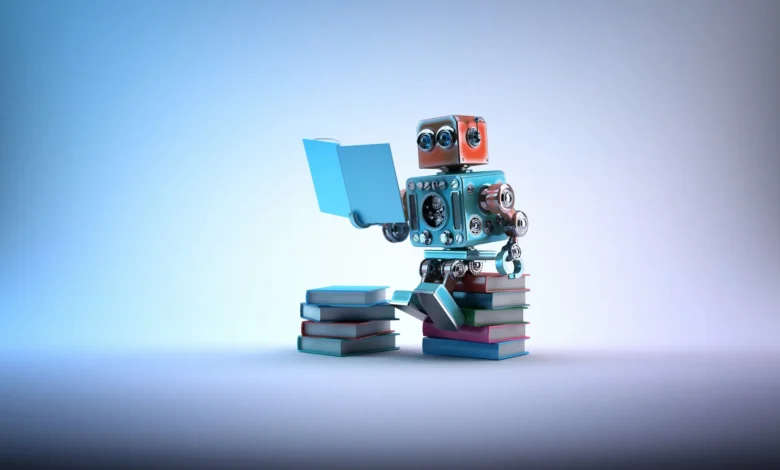AI Voiceovers for Audiobooks: Pros and Cons

The integration of AI voiceovers into the audiobook industry brings a blend of efficiency and innovation. Cost-effective production methods enable a rapid increase in available titles. However, the mechanical delivery often lacks the emotional depth found in human narration. This dichotomy raises critical questions about listener engagement and the overall impact on the audiobook experience. The ensuing discussion will explore these contrasting elements and their implications for the future of storytelling.
Advantages of AI Voiceovers in Audiobooks
As the demand for audiobooks continues to rise, the integration of AI voiceovers presents numerous advantages that enhance the listening experience.
Notably, cost efficiency is achieved through reduced production expenses, allowing more titles to be produced.
Additionally, the remarkable production speed of AI technology enables publishers to swiftly release new content, meeting consumer desires for immediate access to diverse audiobooks, ultimately expanding the market.
Disadvantages of AI Voiceovers in Audiobooks
While AI voiceovers offer several benefits, they also come with notable disadvantages that can impact the overall quality of audiobooks.
The lack of emotional connection often diminishes listener engagement, as AI-generated voices struggle to convey nuanced feelings.
Additionally, voice authenticity may suffer, leading to a sterile auditory experience that fails to resonate with audiences seeking the warmth and depth of human narration.
The Impact on Listener Engagement
The limitations of AI voiceovers significantly affect listener engagement in audiobooks. Many listeners prioritize emotional connection, which AI struggles to replicate compared to human narrators.
Listener preferences often lean towards nuanced performances that convey emotion and personality. Consequently, the lack of human warmth can diminish engagement, as the mechanical tone of AI may hinder the immersive experience that readers seek in storytelling.
The Future of AI Voiceovers in the Audiobook Industry
Although challenges remain, the future of AI voiceovers in the audiobook industry appears promising, driven by advancements in machine learning and natural language processing.
These innovations enable enhanced voice personalization, allowing listeners to choose tones and styles that resonate with their preferences.
As AI technology continues to evolve, it can offer a more engaging and tailored listening experience, fostering greater freedom for audiences worldwide.
Conclusion
In conclusion, while AI voiceovers in audiobooks offer efficiency and scalability, they simultaneously compromise emotional resonance and listener connection. As the industry navigates these dualities, the challenge remains to balance technological advancement with the artistry of human narration. The future may hold a synthesis of both worlds, where the precision of AI meets the warmth of human touch, creating an auditory experience that is both innovative and deeply engaging, captivating audiences in ways previously unimagined.





